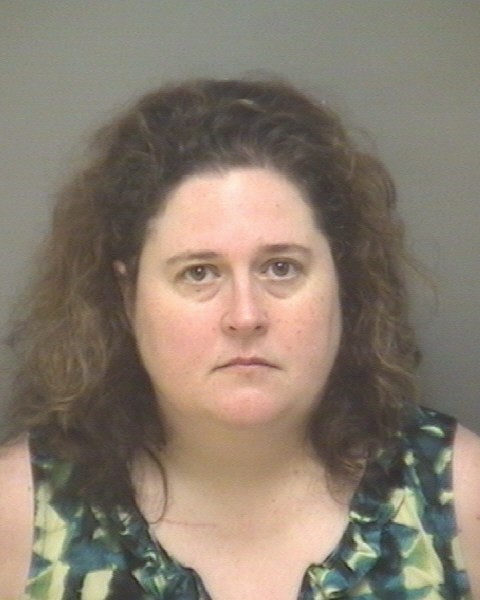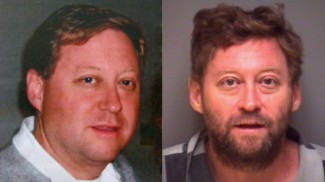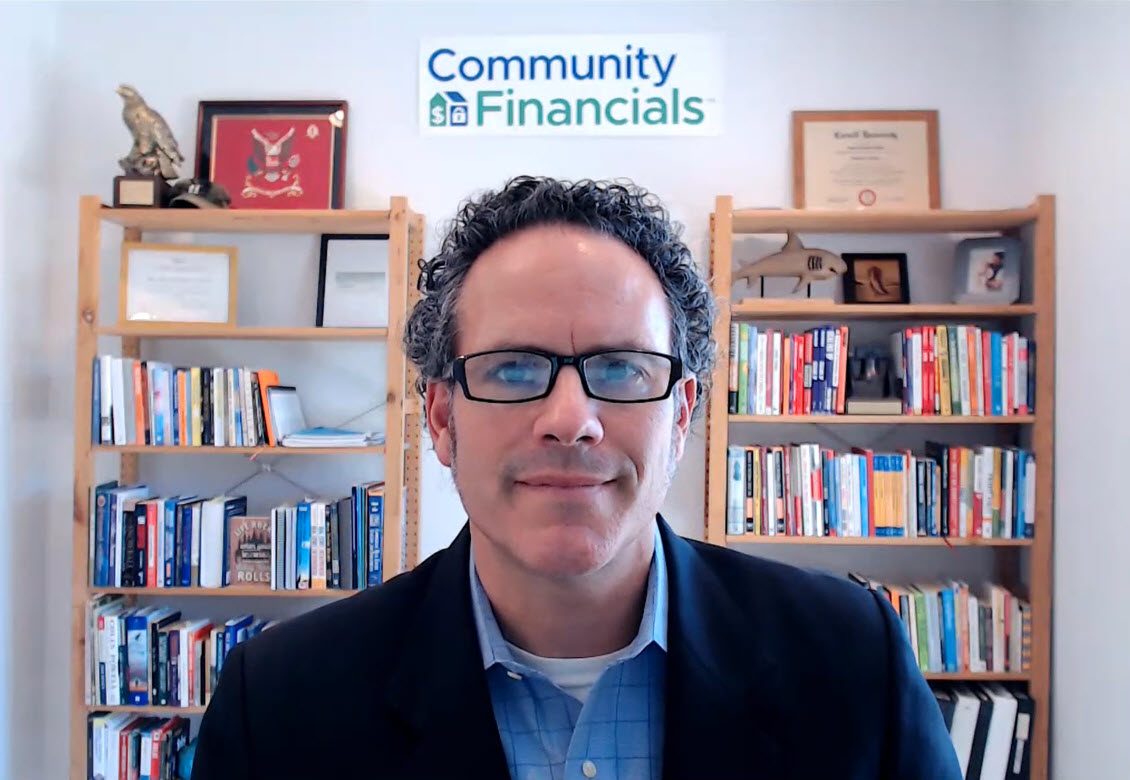Community Embezzlement Case Studies – Virginia
In our series of blog posts titled: “Association Greed – Board Members, Managers & Missing Money,” we highlight wrongdoing by community association managers and board members. In this installment: Community Embezzlement Case Studies – Virginia we go over the facts of the crime and how you can prevent it at your community.
The following cases are examples of what can happen when a self-managed community board does not have a specialist condo/HOA bookkeeper help with the financial management which can result in one of its own officers abusing his or her responsibilities or if it chooses the wrong management firm.
Former Condo Treasurer sentenced in embezzlement of $73,183

Officers of the Hollymead Citizens Association thought it was doing the right thing when they authorized a June 2013 audit, and when they discovered that more than $73,000 was missing from its bank account, they knew they had to act. The audit revealed that $73,183.48 was embezzled from the homeowners’ association account between January 2008 and December 2012, and former Treasurer Patricia Anne Cuthbert, 43, was the prime suspect.
The audit of monthly bank statements, copies of canceled checks, online records and IRS payroll notices, found that unauthorized transactions had been made during Cuthbert’s tenure. According to Charlottesville accounting firm Wills & Associates, months before Condominium Management of Charlottesville took over the association’s finances, Cuthbert told association board President Charlie Smith that she had stolen about $22,000 between 2008 and 2012.
Cuthbert also admitted to destroying much of the paper records during that time frame, and she repaid the association $25,000 before her arrest, according to the audit. But she did not account for an additional $48,183.48 missing from association accounts. News reports said that she paid the money back.
A Hollymead home owner said a resident of the complex called police, asserting that the association’s board of directors downplayed the audit and subsequent police investigation because they were concerned about a drop in property values.
Police arrested Cuthbert on embezzlement charges in August 2013, and in October of 2014 she pleaded guilty and was sentenced to 15 days in jail. The rest of her five-year sentence was suspended.
How to Prevent at Your Community:
First, don’t let just one person be in charge of community finances without others overseeing the work. Next, get access for the board to view the bank statements or better yet the bank account online. If the board had this access they would have spotted suspicious activity like the unauthorized transactions. Third, the board should receive monthly financial statements (and read them) so they can spot differences in expenses from what was budgeted – the best report for this is the comparative income & expense report. Next, as part of the financial report package make sure you receive a bank reconciliation report – if the bank accounts and financial reports don’t tie out there could be a problem. Lastly, use systems that don’t rely on paper records and those that prevent board members from being able to destroy records or accounting entries.
Former Condo Treasurer sentenced in embezzlement of $666,000

Mortgage payments and private school expenses for his children were reasons why the former Treasurer of an Albemarle County home owners association embezzled $666,000 from the gated community’s bank accounts in the early 2000s.
As former President of Glenmore Country Club and former Treasurer of the Glenmore Community Association, Michael D. Comer had easy access to the funds.
And his actions, which dated back to 2008, exacted a financial toll on his family.
Comer is married to former club golf pro Kandi Kessler and was employed by Glenmore Associates, the company founded by his late father-in-law, Frank Kessler–- who developed the 700-home, east-of-Charlottesville subdivision.
The Comers’ Wintergreen condo, from which Comer reportedly disappeared, was put up for sale for $299,000.
Mother-in-law Peggy Kessler and brother-in-law, Jeff Gaffney, chairman and CEO of Real Estate III, put $300,000 toward the debt and pledged to repay the rest of the missing funds.
In reaction to Comer’s transgressions, Peggy Kessler put her historic 10-acre Glenmore manse on the market for $2.75 million. Also, Comer and his wife reduced the sale price of their home from $1.348 million to $998,000.
Comer, who disappeared July 1, 2009, moments before an audit of the association’s books, was sentenced in 2010 to 18 months on state charges for embezzlement and money laundering.
In 2111, Comer pleaded guilty in U.S. District Court to one count each of mail fraud and tax evasion, confessing to $2.5 million in unreported income between 2004 and 2009 and owing the federal government $933,000 in unpaid taxes.
On March 2011, a federal judge sentenced Comer to 36 months on tax charges stemming from his embezzlement from Glenmore Associates, PBK Real Estate and Kessler Enterprises.
The 36 months were added to the 18 months he is already serving, but the judge gave him credit for the seven months he has already served, reducing his federal sentence to 29 months.
How to Prevent at Your Community:
First if this association conducted an audit with greater frequency (every one, two or three years) this crime would have been detected sooner. Financial reports that include the bank statements would have helped (remember board members have to actually read the reports to spot irregularities). Better than bank statements is to give the entire board access to view the bank account online. Lastly, all invoices could go through an online review and approval system where 1 or 2 board members can review bills and must approve them before any payments made. I like if a bill is over $500 then a second board member like the President has to approve it in addition to the Treasurer.
Virginia Manager Sentenced For Stealing $3 Million from HOAs
The theft of $3 million from several northern Virginia condominium associations and the wounding of a cab driver in in a shooting incident in 2008 left a Herndon man facing lengthy jail time.
When the shooting occurred Feb. 2, 2008, Jeffrey S. Koger was being investigated for stealing from Koger Management Group of Fairfax, where he was the chief financial officer.
The company collected dues and helped manage 400 homeowners’ associations in Northern Virginia with 70,000 members.
Koger pleaded guilty in November to stealing from his family’s company and failing to pay taxes on his legitimate, as well as his stolen, income between 2003 and 2007.
Koger agreed to make restitution of almost $1.25 million to the associations and pay more than $775,000 in unpaid taxes to the IRS for his unreported income.
Koger used more than $730,000 of the homeowners’ money to open a restaurant called Jordan’s 8 in Washington. He spent an additional $475,000 to remodel his home in Herndon, build a health club in Annandale, purchase a Chevrolet Corvette and buy a house in New Mexico.
Peter D. Greenspun, Koger’s attorney, said his client also treated his friends to gambling junkets in Las Vegas.
After Koger’s arrest, the family’s management business declared bankruptcy, and numerous employees lost their jobs, said Assistant U.S. Attorney Caryn D. Mark.
She said one employee had repeatedly notified the company of Koger’s thefts and resigned because she felt she would be condoning the practice if she continued to work for the company.
Mark noted that Koger’s case prompted the Virginia General Assembly to pass laws increasing oversight of companies that manage finances for homeowners associations, of which there are more than 4,000 in the state.
He was sentenced in February 2009 to 5 1/2 years for the embezzlement from the company and five years for the tax fraud, with the terms to run concurrently. He also was ordered to make restitution and IRS payments totaling more than $2 million.
As part of the sentence, Koger was sent to a federal medical center where received psychiatric and substance abuse treatment. Also, in the three years after his release, he was not allowed to conduct a financial transaction of more than $1,000 without permission from his probation officer.
In an unrelated matter, Koger was sentenced in July 2010 to 66 years in prison after Fairfax County prosecutors tried him for attempted capital murder of a Virginia state trooper and the malicious wounding of three men during a chase and shootout with police in the Springfield area in 2008.
How to Prevent at Your Community:
First, if this association conducted an audit every one, two or three years, they could have detected the theft sooner. Second, financial reports that include the bank statements would have helped. Even better is to give the entire board access to view the bank account online – by seeing your money in the bank a board can spot fraudulent withdrawals. Next, all invoices could go through an online review and approval system where after a property manager approves a bill, 1 or 2 board members can review and approve bills before any payment is made. Lastly, remember when selecting a management company or bookkeeping company to work for your community, choose one that uses systems that provide the most transparency.
The best way to learn these lessons is from another board’s mistakes. We hope these three case studies motivate you to take the outlined preventative steps to save your association money and a lot of grief.


